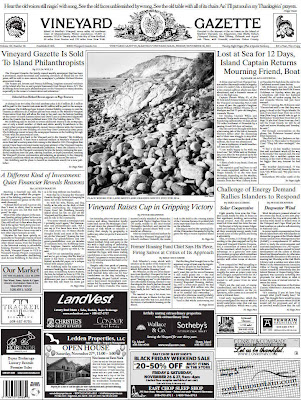I don't know if "Don't touch my junk" will earn the historical significance of the Gadsden flag's credo
"Don't tread on me," but in less than a week
John Tyner's protest about his Fourth Amendment protection against unreasonable searches has brought shame to the
Department of Homeland Security's Transportation Security Administration. The new
"pat down" procedures, arbitrarily administered by TSA officers, have now rightly been challenged as sexual assault.
After the Tyner incident, the TSA's "Blogger Bob" posted on
The TSA Blog that it has the "legal authority to levy a civil penalty of up to $11,000.00" on passengers who refuse to submit to its security procedures, even if they choose to cancel their flight and leave the airport
.
Why in the name of security have we allowed our government to go this far, subjecting babies, little girls and boys, and even nuns to humiliating groping when they choose not to be
irradiated by body scanners? The answer? Political correctness. Rather than use common sense to profile airline passengers based on real data and experience, our government insists on implementing security measures that ignore reality, impinge on the rights of the many when the security issue is with the few. This same political correctness got news analyst
Juan Williams fired by NPR last month.
Israeli airport security is considered the best in the world. They profile, use computer databases and ask passengers the questions that reveal answers that lead to intelligent decisions.
In the movie Up in the Air, Ryan Bingham, the frequent flyer played by George Clooney, explained how he queues up at airport security:
Ryan Bingham: Never get
behind old people. Their bodies are littered with hidden metal and they
never seem to appreciate how little time they have left. Bingo, Asians.
They pack light, travel efficiently, and they have a thing for slip on
shoes. Gotta love 'em.
Natalie Keener:
That's racist.
Ryan Bingham:
I'm like my mother, I stereotype. It's faster.
It's smarter too.
















